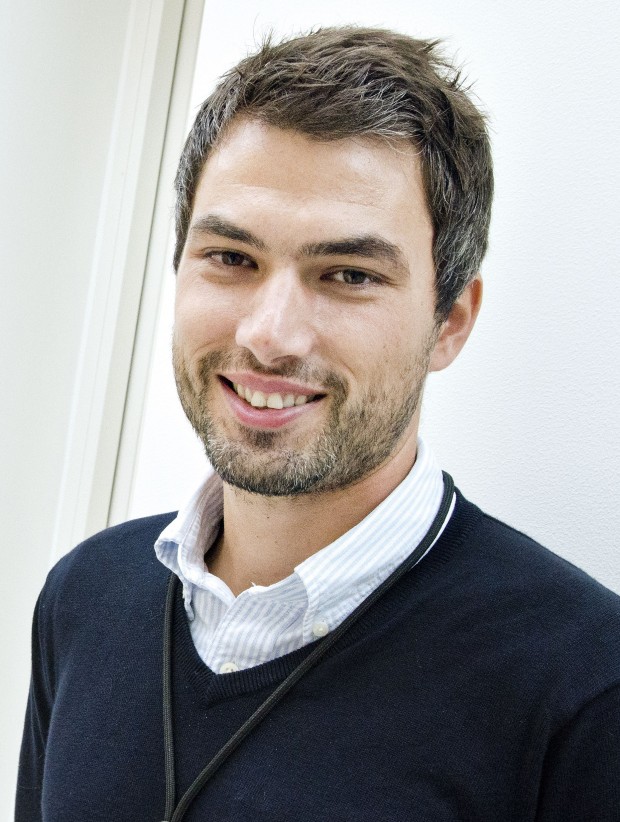Kyrre Emblem's research group: MRI Research & Technology

Group leader
One of the major challenges in the treatment of diseases like cancer is that we do not know who will benefit from a particular drug. Since only about half the cancer patients who receive a typical anti-cancer drug benefit and the others just suffer side effects, knowing whether or not a patient's tumor is responding to a drug can bring us one step closer to truly personalized medicine – tailoring therapies to the patients who will benefit and not wasting time and resources on treatments that will be ineffective.
For many diseases, promising new treatment options may turn traditional diagnostic biomarkers insufficient because new drug mechanisms produce different imaging responses. The goal of our research is to find predictive and prognostic imaging-based biomarkers for better identification of judicious, patient-specific treatments and by this help to move the field of medicine forward. The main focus of the research group is the development, implementation and processing of advanced MRI (Magnetic Resonance Imaging) to uncover new structural or functional information of disease. This may include tissue perfusion, diffusion, mechanical forces and subsequent changes in vascular and morphologic structure. Our work includes use of artificial intelligence and neural networks.
